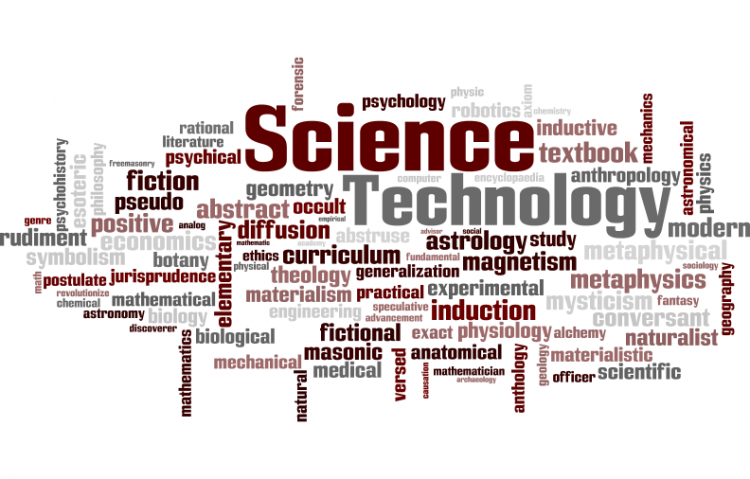
- Target:
- The General Public
- Region:
- United States of America
Stem cell research first started in the late 1990’s and it is composed from the study of two main stem cells, adult stem cells and embryonic stem cells. Out of the two main stem cells, embryonic stem cells have the most promising expectations. The study of embryonic stem cells would be beneficial to the future because it could open the doors to the treatments of current incurable diseases such as Parkinson’s, Alzheimer’s, spinal-cord trauma, muscular dystrophy, and diabetes.
Embryonic stem cells come from the inner cell mass found in embryos a few days old and are cultured in the laboratory (“Stem Cell”). The main justification that embryonic stem cells have such great potential is because they are pluripotent; not fixed as to development possibilities so they develop into specialized cells (Cassel and Rose). However even with the enthusiasm of embryonic stem cells, there are still many hurdles scientists have to endure. The biggest objection to the progression of embryonic stem cell research would be the moral concerns the nation has with the techniques of harvesting the cells. Because of the objections to embryonic stem cell research, the government is hesitant to provide sufficient funding to support the progress of stem cell research.
Embryonic cells are the products of the union of a sperm cell and an egg cell and the embryonic stem cells are extracted from the inner cell mass of a five to seven-day-old embryo (Gibbs 42). An embryo’s development at five to seven days consists of only a few cells inside a blastocyst. The question is: Are the few cells inside of the blastocyst enough to consider the embryo a human life? Because the extraction method of gathering embryonic stem cells results in the destruction of an embryo, is it okay for scientists to destroy that embryo to save another human life?
In scientific perspective, the embryo is not considered a true human being because it has not developed a brain, heart, and nervous system. “There are thousands of embryos frozen,” says Ruth Macklin, a professor of bioethics at Albert Einstein College of Medicine, “and it is self deception to believe that those embryos are human beings” (“Stem-Cell Research”). Furthermore, those extra embryos could help in embryonic stem cell research opposed to being discarded and thrown away or even just sitting for years frozen in liquid nitrogen. Eggs and sperm mixed together in a petri dish have no legal status, because they are not even part of a human being unless implanted in a woman’s womb (National Research 44).
Embryonic Stem Cell Research has so much potential that many people hope it could one day cure their family friends, and even themselves. A good form of support would be from you, the general public. Because our nation is run by democratic means, it would be your voice that would make the biggest impact on the movement of stem cell research in America. Embryonic stem cell research is still in its infancy and requires a lot of perfecting but I hope that with enough support we will be able to sway the government into supporting stem cell research, especially embryonic stem cells, which could one day cure the world’s ailments.
We, the undersigned, support the advancement of embryonic stem cell research and believe in its postive impact on future medical procedures and other health related issues.
You can further help this campaign by sponsoring it
The Embryonic Stem Cell Research petition to The General Public was written by Thea V and is in the category Science & Technology at GoPetition.